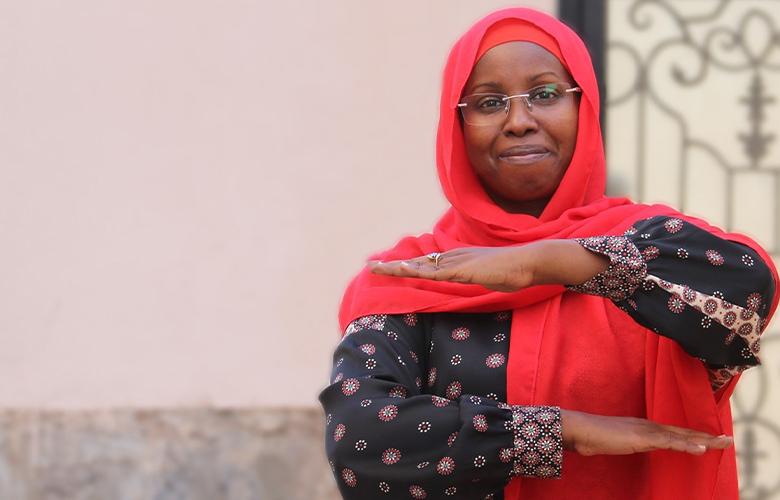
In Djibouti, great strides have been made toward upholding women’s rights, including enforcement of equal pay in public administration and punishment of sexual harassment. Also, more women are enrolled in higher education and entering traditionally male-dominated occupations.
However, despite these advances, challenges and obstacles linked to traditional gender norms still remain. As part of the USAID-funded Djiboutian Workforce Development Project (WFD), EDC works with three key partners: the Ministry of National Education, the National Employment Agency, and the Djibouti Chamber of Commerce. The project aims to reduce gender gaps and barriers through its workforce readiness programming.
One key component of this work is the two-day gender awareness workshops organized with the project’s partners. For some participants, the workshops are their first formal encounter with the concept of gender equality. As the workshop facilitator, I invite them to think critically about how gender roles and social norms can affect young women’s access to education or employment.
Participants sometimes share their personal experiences in combatting gender bias in the workplace. During one workshop with private sector representatives, Ms. Kadidja Barkadleh, director of a large construction company and mineral water production unit, spoke about the challenges she faced entering these two male-dominated sectors, as well as the importance of overcoming constraining social norms.
"We can do anything men can do, maybe even better,” says Kadidja. “The most important thing is perseverance and mentality. If young women want to work in any sector, they can. Nevertheless, there are still family and social constraints, which is why awareness efforts are needed.”
Through these awareness-raising workshops, the WFD has trained more than 100 participants from the private and public sectors. However, from my perspective, another important way to support the increased participation of women in the labor market is to promote the stories of Djiboutian women like Kadidja who have succeeded in a technical field. Their success can inspire young girls to choose similar careers, as well as show society that professions are not gendered.
Changing attitudes and practices takes time, but I hope these discussion spaces will spark change at various levels, as well as for individuals personally.
| Zahra Youssouf is a technical advisor and gender specialist for the WFD Project, Djibouti. In the above photo, she demonstrates “Each for Equal,” the theme of International Women’s Day 2020. |

Add new comment